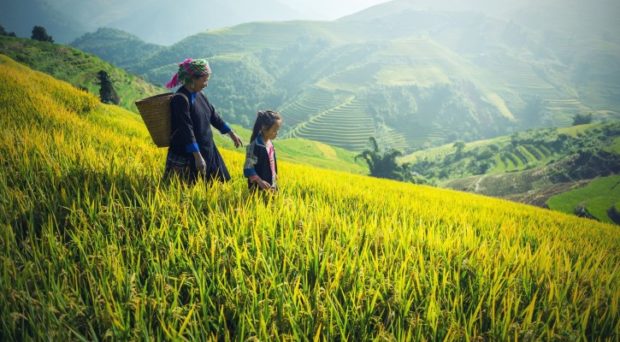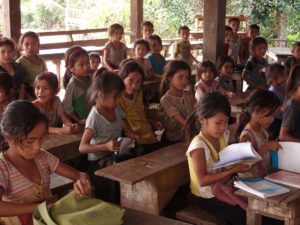
Local knowledge systems consist of the knowledge, beliefs, traditions, practices, institutions, and worldviews developed and sustained by indigenous and local communities, and are believed to represent an adaptive strategy to the environment in which these communities live.
Local knowledge systems, which over millennia have been a pillar of people’s livelihoods in many peripheral communities throughout the world, are asked to contribute and help to cope with the uncertainties that the world is currently facing, including ongoing conflicts, unprecedented economic and energy crises, and natural disasters driven by climate change.
There is a lot that can be done to explore ways to revitalise and support local knowledge systems. In this study, university researchers collaborated with members of two Australian Indigenous communities to build partnerships for linking biomedical science with traditional knowledge of customary medicines. As authors found, “by identifying the biomedical value of plants and optimising bush products, communities can build on their traditional knowledge to develop and incorporate these medicines into local healthcare practices and share their medicines with the wider Australian community”. This also includes opportunities for economic development and empowering the local community.

Schools are also essential vehicles to support Local knowledge systems. In the mountainous Yasin Valley, North Pakistan, four schools were involved in discussions to understand the potential to revitalise local ecological knowledge. Mountains are often recognized as sites of biocultural diversity, say the authors of this study, and local ecological knowledge, as part of the local biocultural heritage, can play a potential role in socioenvironmental sustainability. Researchers observed that “rapid cultural standardization and urbanization have threatened biocultural diversity, posing threats to local ecological knowledge in mountain areas”. Group discussions reported in this study found a potential for place-based education, aimed to revitalise this heritage in schools, such as study trips, traditional food day celebrations, developing herbaria, art competitions, and the introduction of food scouting.

Local botanical knowledge and schools are not the only examples. Worldviews and traditional beliefs can play an incredibly important role in several local contexts. The authors of this study found that the beliefs and practices around supernatural beings that local fishers believe inhabit the freshwater systems in the riverine community of Parnaíba River (Northeast Brazil), may actually support local conservationist habits in fisheries management. Researchers encouraged more research in this space and suggest that these cultural elements may be considered in the conservationist policies of fishery resources.
A new thematic series published in the Journal of Ethnobiology and Ethnomedicine has been just opened with the aim to explore how local knowledge systems can concretely contribute to the so-called “ecological transition” – in other words, the need to implement new environmental, social, and economic models that are able to respond to the current extraordinary global challenges. Professor Andrea Pieroni, Editor-in-Chief of Journal of Ethnobiology and Ethnomedicine, is editing the collection.
“Research that is centred on local knowledge systems”, Professor Pieroni said, “is more crucial than ever in this specific historical time for better understanding the concrete contribution that peripheral, rural communities and Indigenous Peoples, often neglected and marginalized, can provide to science in terms of ecological transition processes, and to making the world freer as well”.
More information about this new thematic series and how to submit, can be found here.
Roberto Garbero
Latest posts by Roberto Garbero (see all)
- Local knowledge systems: how can they help to guide ecological transition and a freer world? - 30th November 2022
- Scientists of the future at the 30th Fungal Genetics Conference - 9th May 2019
- Philosophy of life sciences is ‘constructive subversiveness’ - 16th November 2017
Comments